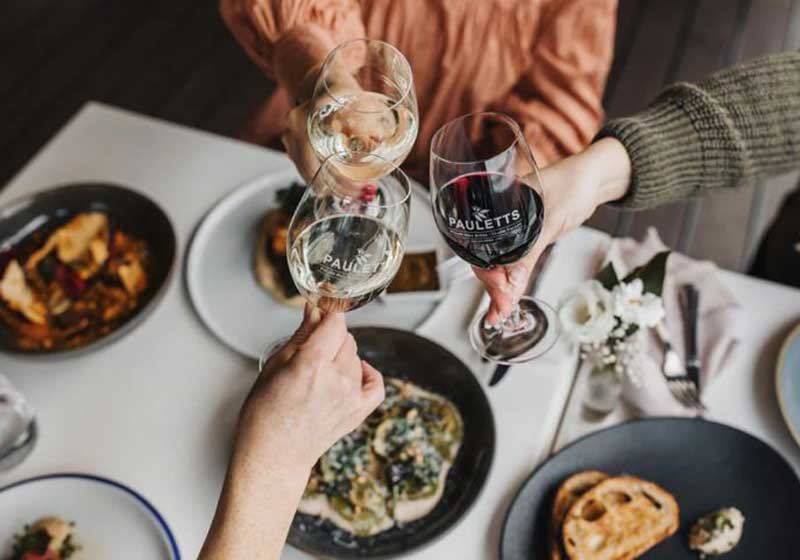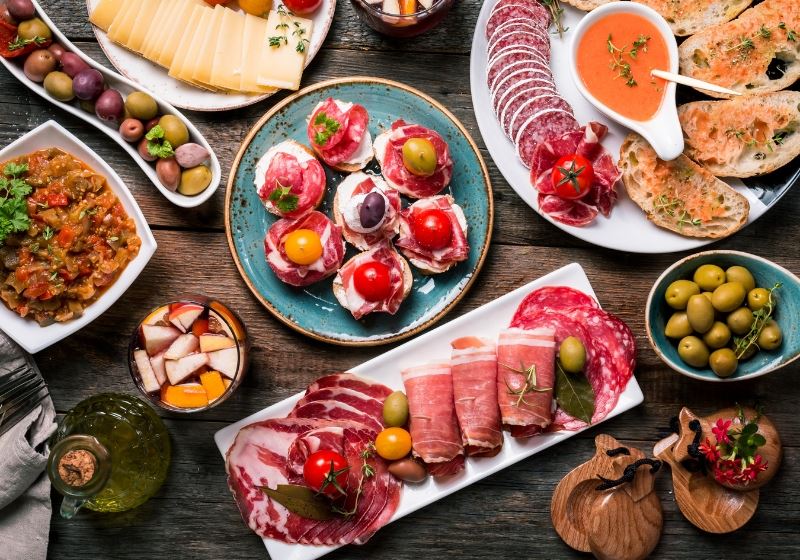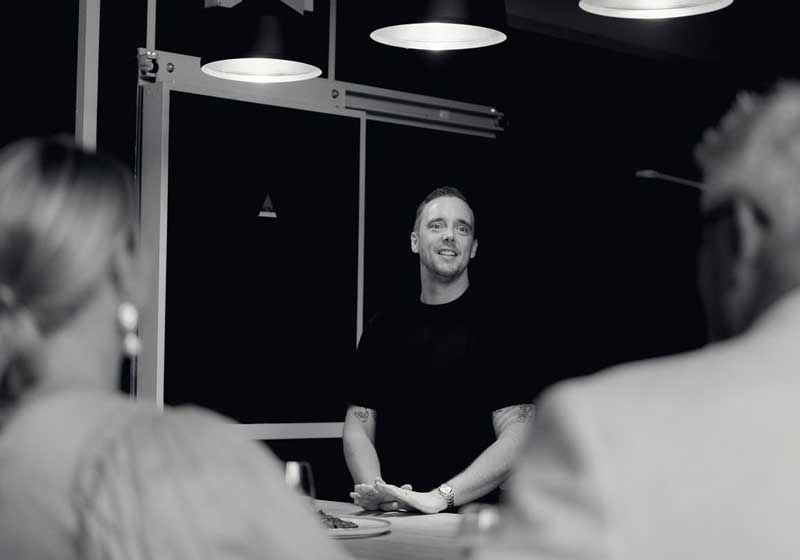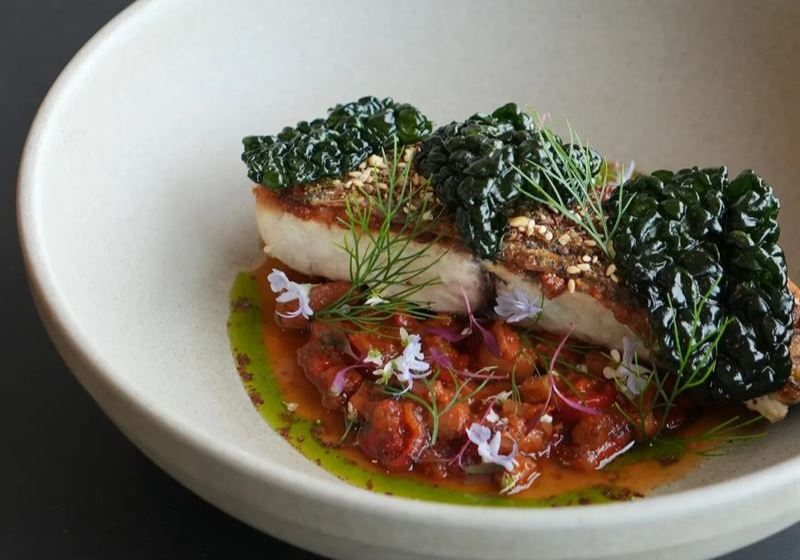Embarking on a Moroccan food tour is a sensory journey through one of the world’s most vibrant and diverse culinary landscapes. From the bustling souks of Marrakech to the serene seaside town of Essaouira, Morocco offers an immersive gastronomic experience steeped in centuries of tradition, spice and hospitality.
A Moroccan food tour typically begins in Marrakech, where travellers are introduced to the heart of Moroccan cuisine in the city's famed medina. Here, food stalls sizzle with activity, and the air is perfumed with cumin, cinnamon and grilled meat.
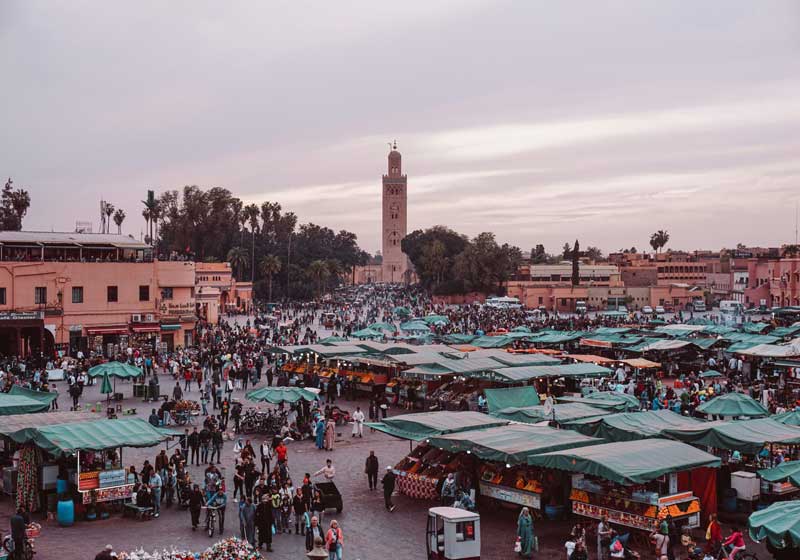
Guided tours often include visits to historic spice markets, olive and preserved lemon vendors and traditional bakeries tucked into narrow alleyways. Guests sample iconic street foods like maakouda (potato fritters), harira (a spiced tomato and lentil soup) and brochettes of marinated meat, before enjoying a sit-down feast of tagine or couscous in a riad courtyard.
Moving beyond the cities, Moroccan food tours often lead to rural villages and Berber communities in the Atlas Mountains. These experiences offer a deeper connection with traditional cooking methods, such as baking bread in clay ovens or slow-cooking lamb with prunes and almonds in earthenware tagines over an open fire.
Guests may be invited into a local home to share a communal meal and learn about the cultural significance of dishes passed down through generations.
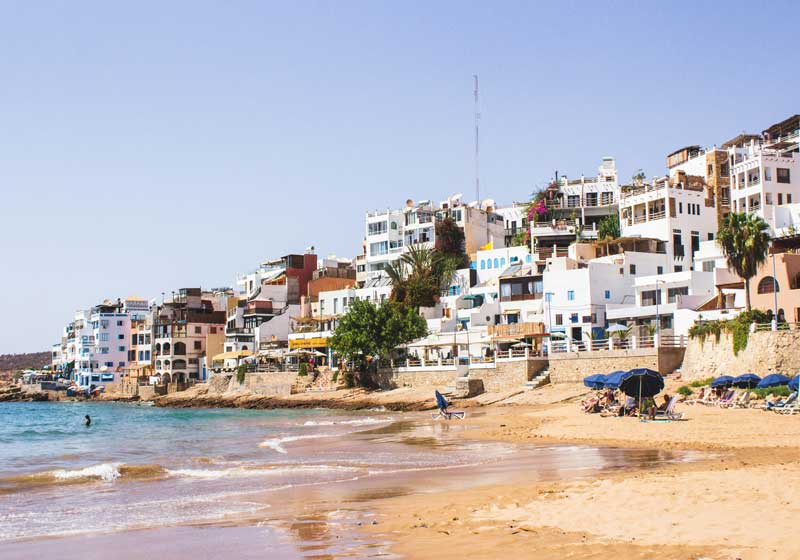
In coastal cities like Essaouira or Agadir, Moroccan cuisine shifts to spotlight the bounty of the Atlantic Ocean. Food tours here often feature fish markets and seaside grills, with offerings such as grilled sardines, seafood pastillas and chermoula-marinated catch of the day.
These experiences typically include wine or mint tea pairings and lessons on the spices and herbs that give Moroccan seafood its unique character.
Fez, the country’s spiritual and culinary capital, is another highlight. A food tour through this ancient city might include tastings of camel meat, spicy merguez sausages and b’ssara – a creamy fava bean soup. A visit to a traditional Moroccan furnatchi (communal oven) or an artisanal honey and argan oil co-op rounds out the educational component of the tour.

Hands-on cooking classes are also a common feature, allowing travellers to recreate classic dishes like chicken tagine with preserved lemon and olives, or fluffy semolina couscous. These classes are often held in local homes, cooking schools, or even in the open air, overlooking medina rooftops or desert vistas.
What sets Moroccan food tours apart is the sense of hospitality and storytelling woven into every bite. Meals are not simply eaten - they are celebrated. Guests come away not just with new flavours and recipes, but with a deeper understanding of Moroccan culture, its connection to the land and the importance of food in daily life.
For lovers of food and culture alike, Moroccan food tours offer a richly rewarding, unforgettable experience.


